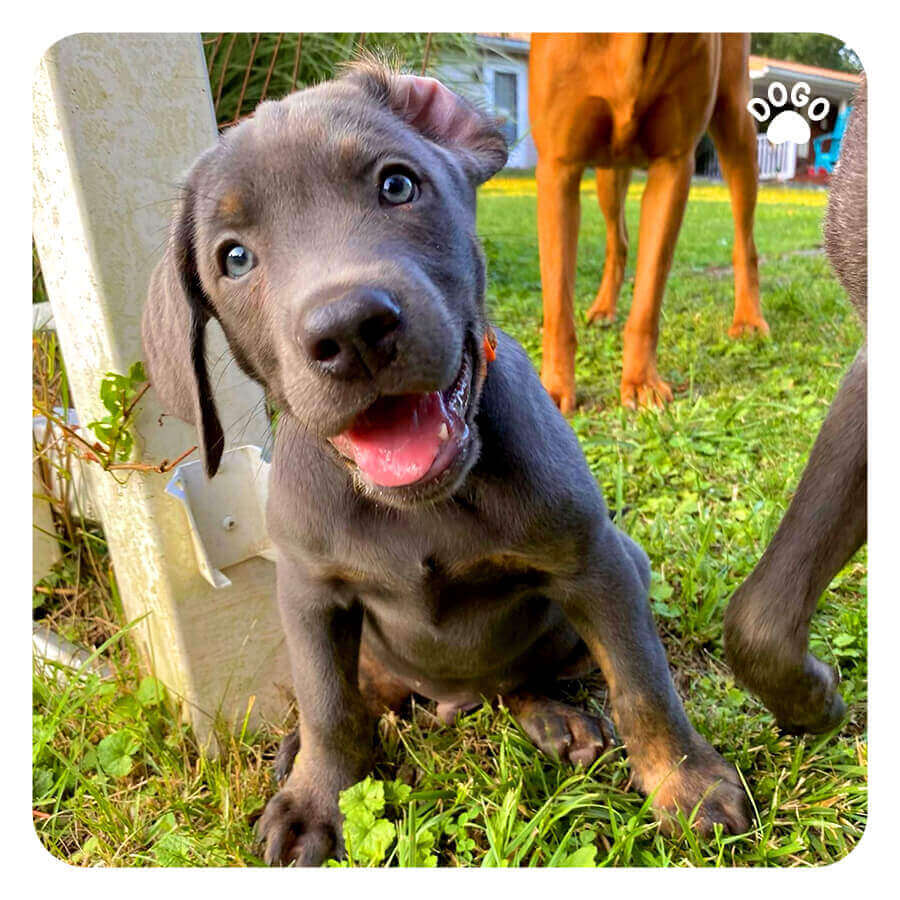 Seeing your furry friend lose weight can be concerning. Just like humans, dogs can struggle with maintaining a healthy weight. Whether it’s due to illness, stress, or a high metabolism, helping your dog gain weight requires a thoughtful approach. In this blog post, we’ll explore some practical ways to support your dog in gaining weight and maintaining a healthy lifestyle.
Seeing your furry friend lose weight can be concerning. Just like humans, dogs can struggle with maintaining a healthy weight. Whether it’s due to illness, stress, or a high metabolism, helping your dog gain weight requires a thoughtful approach. In this blog post, we’ll explore some practical ways to support your dog in gaining weight and maintaining a healthy lifestyle.
Understanding the Situation
Before diving into ways to help your dog gain weight, it’s crucial to understand the underlying reasons for their weight loss. If you notice your dog looking thinner than usual, it’s essential to consult with your veterinarian. Weight loss in dogs can be caused by various factors, such as parasites, dental issues, diabetes, or even underlying diseases like cancer. Therefore, a vet’s evaluation is crucial in understanding the root cause of the weight loss and determining a suitable plan to help your dog regain healthy weight.
Dietary Adjustments
When it comes to helping a dog gain weight, adjusting their diet plays a significant role. Ensuring that your dog is consuming a balanced and nutrient-dense diet is essential. You might need to switch to a higher-calorie dog food, which is designed specifically for weight gain and contains a higher fat content. Additionally, incorporating healthy human foods such as cooked chicken, eggs, or plain yogurt can provide extra protein and healthy fats to their diet. However, it’s important to consult with a veterinarian or a canine nutritionist to ensure that the dietary changes are appropriate for your dog’s specific needs.
Meal Frequency and Portion Control
In some cases, increasing the frequency of meals can help a dog gain weight. Instead of feeding your dog two larger meals a day, consider splitting their daily food intake into three or four smaller meals. This can help in providing a more consistent energy supply throughout the day and prevent your dog from feeling too full after a large meal. It’s also important to monitor the portion sizes to ensure that your dog is receiving enough calories without overeating, as overfeeding can lead to other health issues.
Treats and Supplements
Incorporating high-calorie treats and supplements into your dog’s diet can also aid in weight gain. Look for treats and supplements that are specifically formulated to promote weight gain in dogs. Additionally, omega-3 fatty acid supplements can help improve your dog’s appetite and support healthy weight gain. However, it’s crucial to consult with your veterinarian before introducing any new treats or supplements, as they can provide guidance on the appropriate products and dosages for your dog’s specific needs.
Exercise and Activity
While it may seem counterintuitive, increasing your dog’s exercise and activity levels can actually help stimulate their appetite and promote muscle growth. Engaging in regular, moderate exercise can help build muscle mass and increase your dog’s overall strength and stamina. However, it’s important to strike a balance and avoid excessive exercise that could lead to further weight loss. Consulting with a veterinarian or a professional dog trainer can help you create a suitable exercise plan tailored to your dog’s needs and current physical condition.
Patience and Monitoring
Helping your dog gain weight is a process that requires patience and consistent monitoring. It’s important to track your dog’s progress and make adjustments to their diet and lifestyle as needed. Regular visits to the veterinarian can also help in monitoring your dog’s weight gain and overall health. With dedication and careful attention, you can support your dog in achieving a healthy weight and improved well-being.
In conclusion, assisting your dog in gaining weight involves a holistic approach that encompasses dietary adjustments, meal frequency, treats and supplements, appropriate exercise, and regular monitoring. Remember, every dog is unique, so it’s essential to tailor your approach based on your dog’s individual needs and in consultation with a veterinarian. With your love and support, your canine companion can regain a healthy weight and enjoy a happier, healthier life.[/fusion_text]



